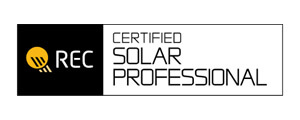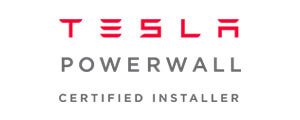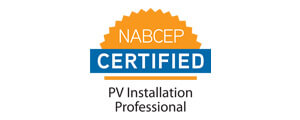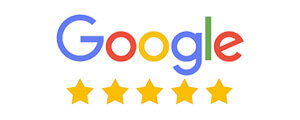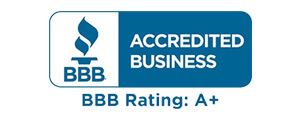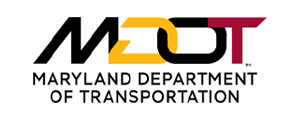- Climate change has cost the U.S. more than $350 billion in the last decade.
- Emissions of fluorinated gasses like hydrofluorocarbons released due to commercial, industrial, and household usage increased by 90 percent between 1990 and 2020, leading to drastic effects like increased pollution and global warming.
- The U.S. experienced 20 separate billion-dollar weather and climate disaster events in 2021
These alarming facts highlight the devastating physical and socioeconomic impacts of climate change.
What is climate change?
Long-term shifts in temperatures and weather patterns are referred to as climate change. Though these changes can be natural, since the 19th century, human activities have been the primary cause of climate change.
Most human activities like transportation, heating, manufacturing, agriculture and clearing land lead to emission of greenhouse gasses like carbon dioxide and methane. These gasses wrap around the Earth, trapping the sun’s heat leading to rising temperatures. Rising temperature leads to many adverse consequences –
Rising sea levels
The oceans absorb 90% of excess heat from the greenhouse effect. This causes a rise in water levels that can be threatening to islands. It also poses extreme risks for marine life and marine ecosystems.
Threat to life on Earth
Increasing temperatures lead to more natural disasters like heat waves, hurricanes and wildfires, threatening all life forms. It leads to changing landscapes like desertification, glacier retreat (loss of ice cover) etc. This can cause food and water scarcity, more diseases and economic loss.
Declining biodiversity
Forests are home to wildlife. They also protect the planet by absorbing carbon dioxide (CO2), a significant source of pollution that causes climate change. With rising levels of greenhouse gasses and clearing of forest land for human activities, animals and plant species lose their natural habitat. Forests also purify air and soil. Therefore, a loss of forest cover leads to ecological changes like soil erosion, desertification of land, increased heat, etc.
How can we combat climate change
It is reassuring to know that we Americans are trying to protect our planet, our home. For example, 69% of U.S. adults prioritize developing alternative energy sources, such as wind and solar, over expanding the production of oil, coal and natural gas.
There are so many steps that people like you and me can do to take action on climate change –
Cut back on driving
Transportation accounts for 26 percent of emissions since 1990 in the USA. If possible, instead of getting into the car, walk or cycle. You will reduce your carbon emissions and also enjoy physical and mental benefits of the exercise. You will save money too.
If driving is unavoidable, either share car rides or trade in your gasoline fuelled car for an electric car or a hybrid vehicle so that you choose a more green lifestyle. Else you can take public transport if applicable.
Reduce your energy use
We can all make changes to our lifestyles to reduce energy usage. For example, buying energy-efficient appliances, switching off lights when not required and wearing extra layers of clothes during winter will lead to lesser energy usage. It will also translate to lower energy bills too.
Switch to cleaner energy
You will reduce dependence on traditional energy sources and decrease your carbon footprint. You can generate your own electricity, so you do not have to pay utility bills. If it doesn’t generate enough power for all your needs, you still reduce your use of traditional energy sources. And you can sell surplus power to the utility and get credits in your account. You will also be eligible for tax credits for yourself and your business. It is a win-win situation for you and planet Earth. You can switch to solar with GreenBrilliance. We offer end-to-end ‘Made in USA’ solar systems ensuring true turnkey delivery for homes, offices and government organizations.
As a human race, we can come together to slow down the effects of climate change with individual and collective action. So let us join hands for a cleaner, brighter future.








